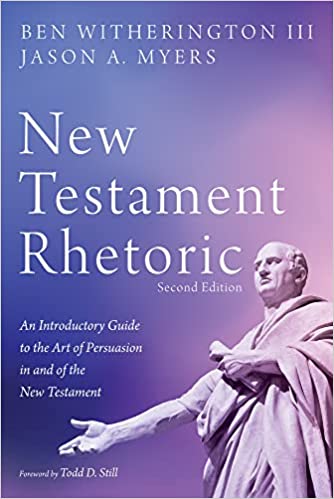F. Goodyear has much of relevance to say about Quintilian in his essay in The Early Principate (pp. 178ff.) in a short number pages. The extravagance and hyperbole that characterized Nero’s time, gave way to a more sober approach to both governing and rhetoric. Quintilian in any case preferred the more classic approach of Cicero, and so he did not attempt any major revisions of rhetorical theory. But it was not just more careful following of rhetorical rules, it was also more careful attention to proper morality as well, and not using rhetoric in a way that conflicted with proper ethics. He had little good to say about contemporary philosophers and he partakes of the typical Roman anti-Semitism all too readily (3.7.21). His intolerance in these things sets him apart from Cicero for sure. He agrees that an orator needs a knowledge of ethics and wants more moral philosophy absorbed into rhetoric theory and practice. His conduct must be above reproach, and he must be a good man (see Book 12).
Quintilian was not just concerned about form and technique, he devotes considerable time to the need for the proper training of children and sets about the task of shaping the ideal pupil beginning in infancy all the way to adulthood. He does a good job of also explaining the duties of the teacher, and gives a helpful review of especially Latin orators and writers. He does not seem to know however major Greek works he should be familiar with.
As for his style he believes in and exhibits clarity and avoids archaizing either of language or substance. By temperament he prefers real discourse to a harangue. For variety he resorts to metaphors and similes, and his epigrams are on point and memorable. Much more could be said, but in the next posts I want to attend to the new volumes in the Loeb series— on Quintilian’s Declamations.













